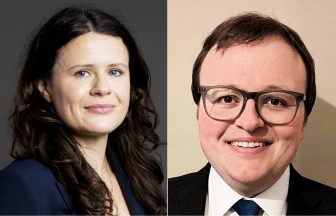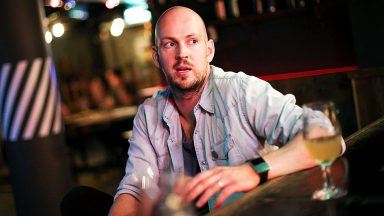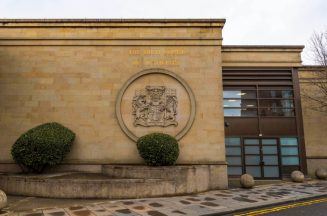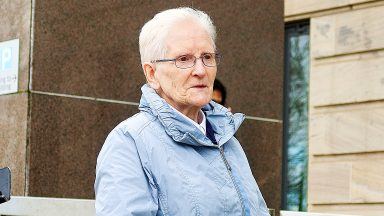A man who feared he would have to give up his active lifestyle said he can really feel a difference after becoming Scotland’s first recipient of a pioneering new treatment.
Matthew Watkins, suffered damage to his knee after an accident at the gym which stopped him from mountain biking and hill walking.
However, the 24-year-old became one of the first people to undergo a “meniscal transplant,” replacing the horseshoe-shaped cartilage which acts as a “shock absorber” between the thigh and shin bones.
It is hoped the treatment can now be rolled out across the country and support athletes who suffer career-changing injuries.
“My knee would swell up and it was really affecting my quality of life,” Matthew said. said.
“Basically, I had destroyed the whole of the inside of my knee and damaged the actual bones, so the cartilage had worn away and needed to be repaired.”
Menisci can tear due to trauma or overuse and if they are so badly damaged that they cannot be repaired, persistent knee pain or oesteoathritis can develop and potentially lead to the need for a full knee replacement.
Meniscal graft was sourced from the US and using a camera, the new cartilage was implanted through a keyhole procedure under a general anaesthetic.
Mr Watkins underwent a series of consultations with orthopaedic surgeons at the Golden Jubilee hospital in Clydebank prior to the procedure.
Dr Christopher Gee said the operation generally has a 70-80% success rate.
“In terms of how it felt immediately afterwards, I could feel something was inside my knee when I was putting weight on it compared to how it felt before when I didn’t have any meniscus in there,” he said.
“I’m glad I had the surgery, I can really feel a difference.”
Consultants Dr Gee and Dr Jon Clarke and Queen Elizabeth University hospital (QEUH) orthopaedic consultant Dr Simon Spencer worked together to carry out the procedure.
Dr Gee said: “We are very excited to be able to offer this surgery, as it is the first time this technique has been carried out in Scotland.
“The procedure tries to restore the cushioning effect of the meniscus, in turn preserving the joints until later in life.
“There is increasing evidence that it can help with symptoms and reduce the chance of the patient developing arthritis, which can be very difficult to treat in younger patients.
“There is a lot of evidence to support good functional outcomes, so we’re really looking to be able to provide this procedure for many more people from across Scotland.”
Follow STV News on WhatsApp
Scan the QR code on your mobile device for all the latest news from around the country


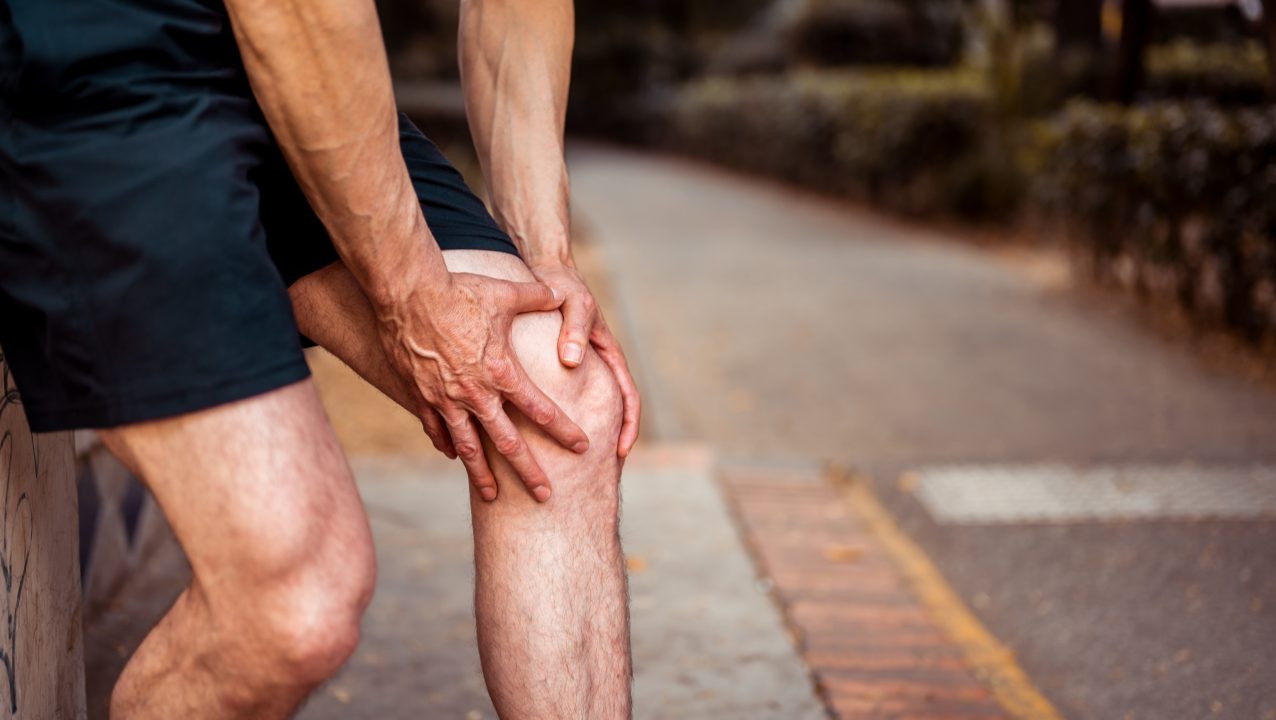 iStock
iStock




